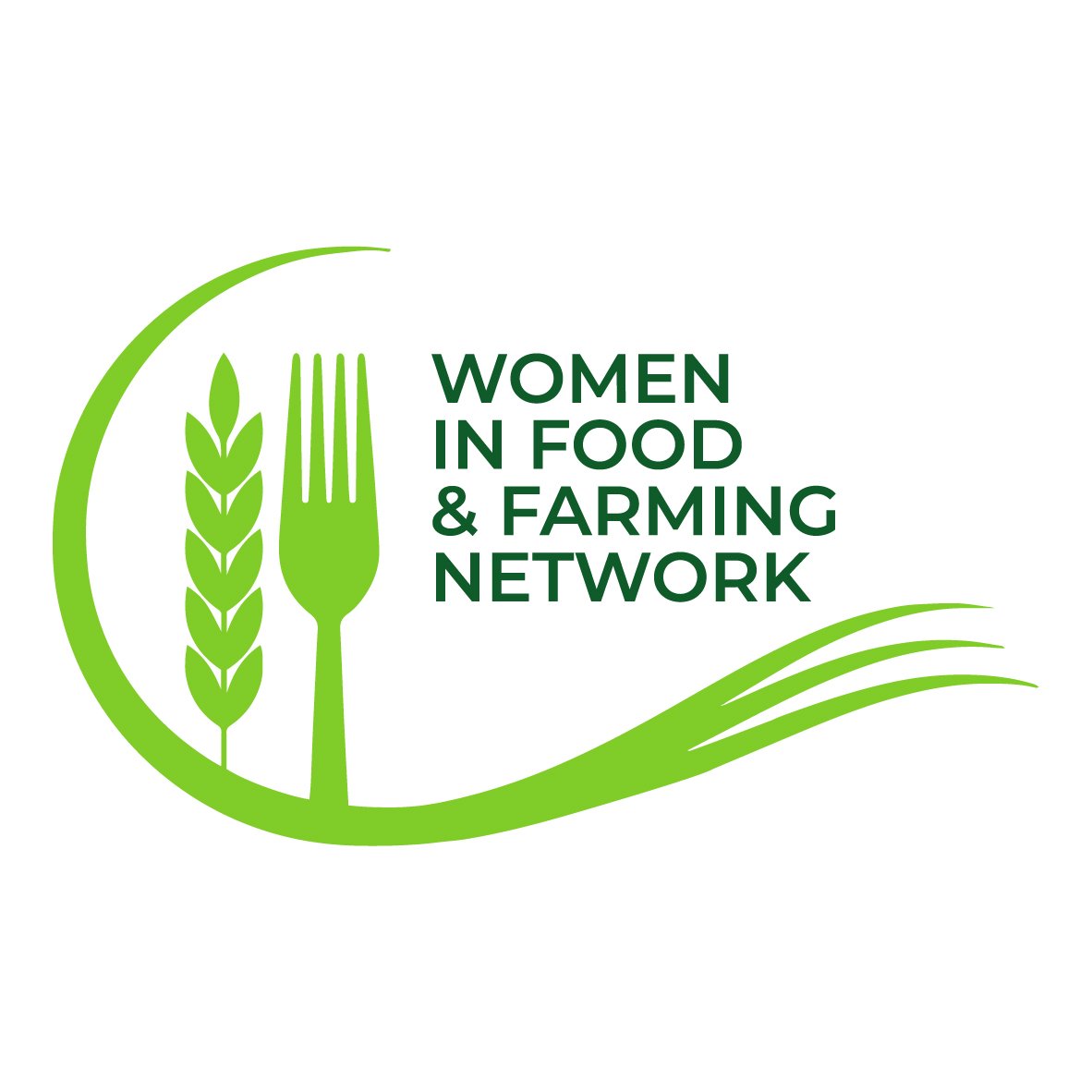“I felt like I had to prove that I was good enough for the role I already had”.
In a recent investigation establishing the challenges influencing the growth and development of women in the UK agricultural sector, the result found that women across all sectors of the UK agricultural industry have experienced some sort of challenge relating to their gender, irrespective of their job title, farm type, age, or location. The term ‘farm woman’ can often be described as a variety of titles such as: independent producers, agricultural partners, agricultural helpers and farm homemakers.
Yet, whilst all of these roles hold varying stature and contribute to the economic value of the agricultural sector, research has shown that women are still seen as ‘assistants’ to their male colleagues. Thus, demonstrating that autonomy varies significantly in terms of economic and decision-making power. Yet, whilst global findings show that women around the world are consistently underrepresented within farming, there is also a severe lack of female representation and support throughout platforms such as agricultural organisations, policy and on-farm decision making.
Emerging literature highlights that increasing awareness regarding the diversity and extent of female contribution in the UK agricultural sector is on the rise, with some governments adopting improved policies to support and encourage women to take on leadership roles in both farming and agri-businesses. Unlike other developed countries, the United Kingdom is yet to implement any overarching strategies to break down these social constructs or empower women to undertake more authoritative roles.
While the future of the sector remains forever uncertain, research has shown that the topic of succession and the associated issues of retirement have gained significant traction in recent years. With most farming successors being the offspring of current farmers, research emphasises that the majority (72.3%) of respondents identified a son to be their desired successor with only (17.7%) identifying a daughter as their first choice. Further challenges represented within this investigation included that of mental health.
A recent survey published by RABI (2022) found that gender plays a significant role regarding mental health amongst those within the agricultural sector, due to financial pressures, family dynamics, climate change, etc. When interviewing women across the UK, this investigation found that when asked to describe the challenges they had experience as a result of their gender, the most common responses were as followed: Whilst some challenges were clearly linked to gender, specific respondents contended that they were unsure if such challenges were a direct consequence, rather if presented to another individual could have been perceived differently.
However, the shared view of having to prove oneself as a direct result of such challenges, emphasised additional pressures in a bid to diminish such barriers. This research demonstrated that prior experiences coupled with individual perception, heavily influenced the challenges experienced by women within the UK agricultural sector.
So, what challenges have you experience within the industry?
Our membership survey will be coming out in October where we will be asking for your thoughts and experiences.


